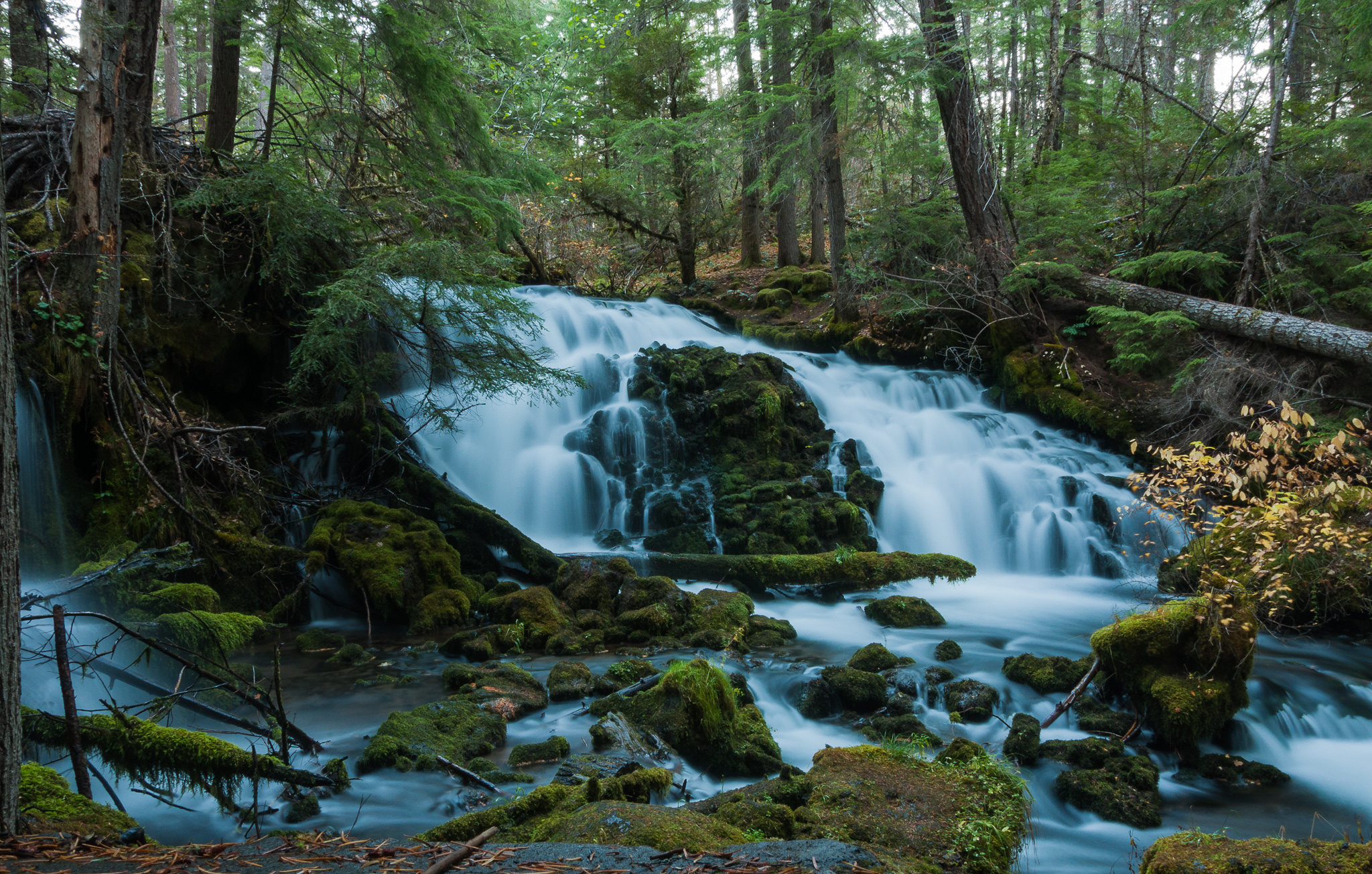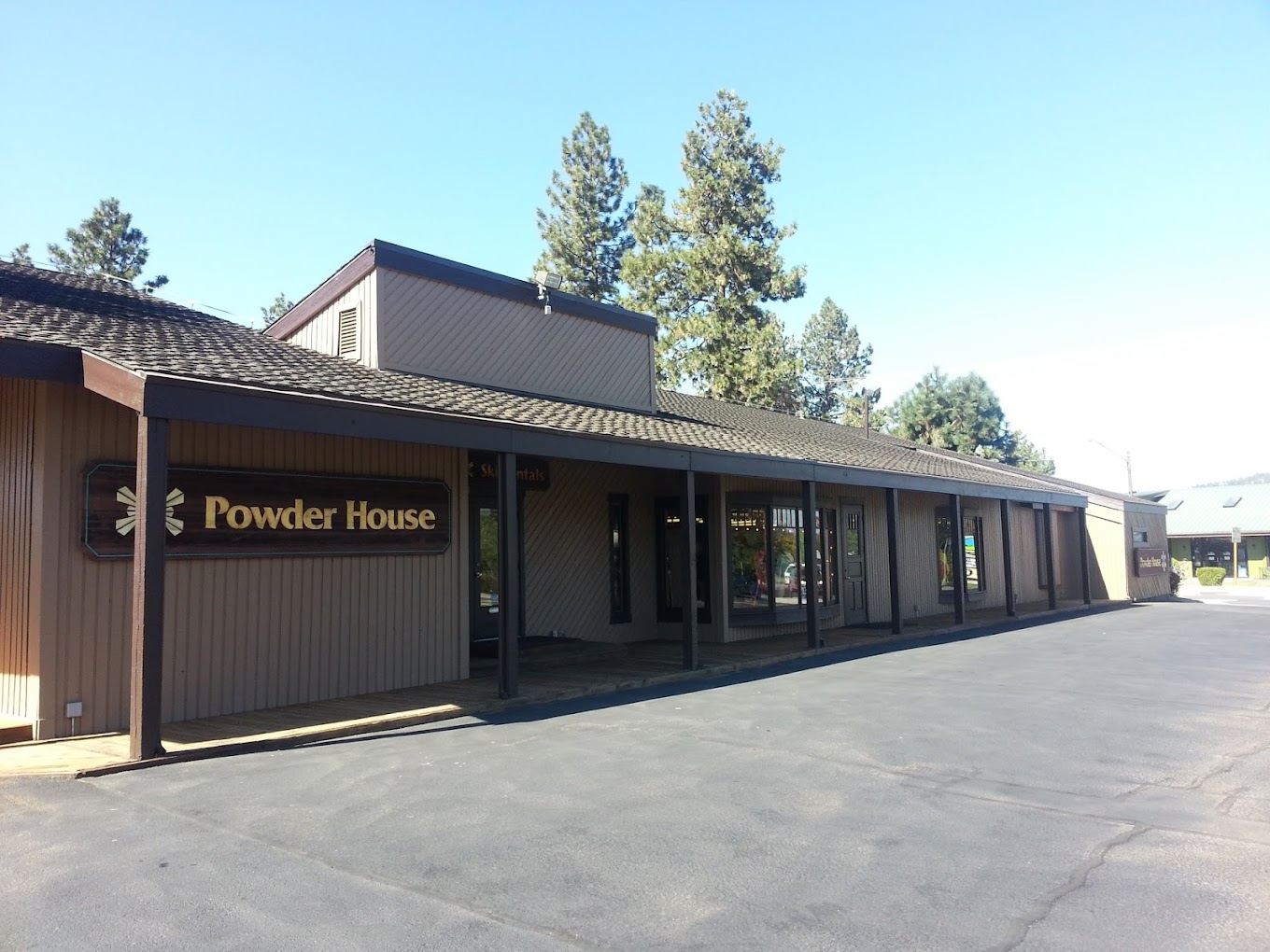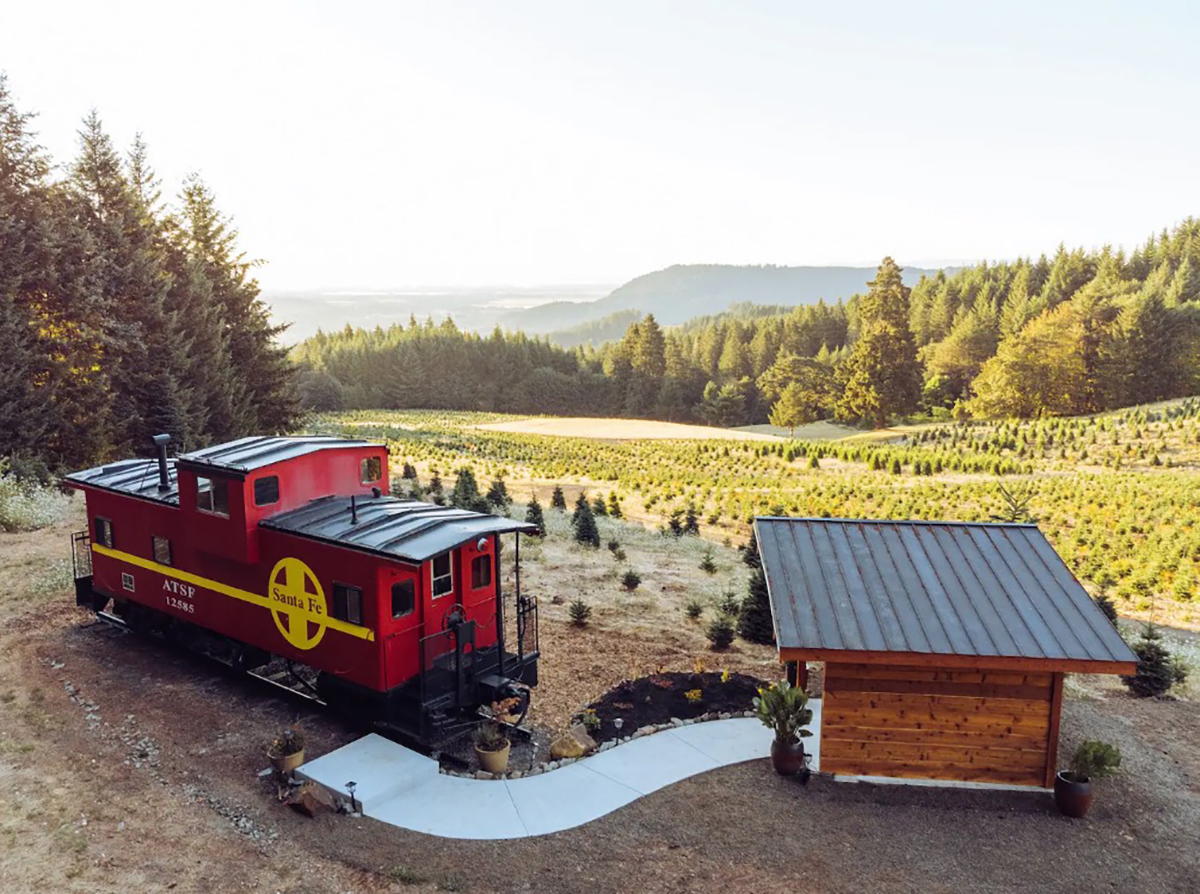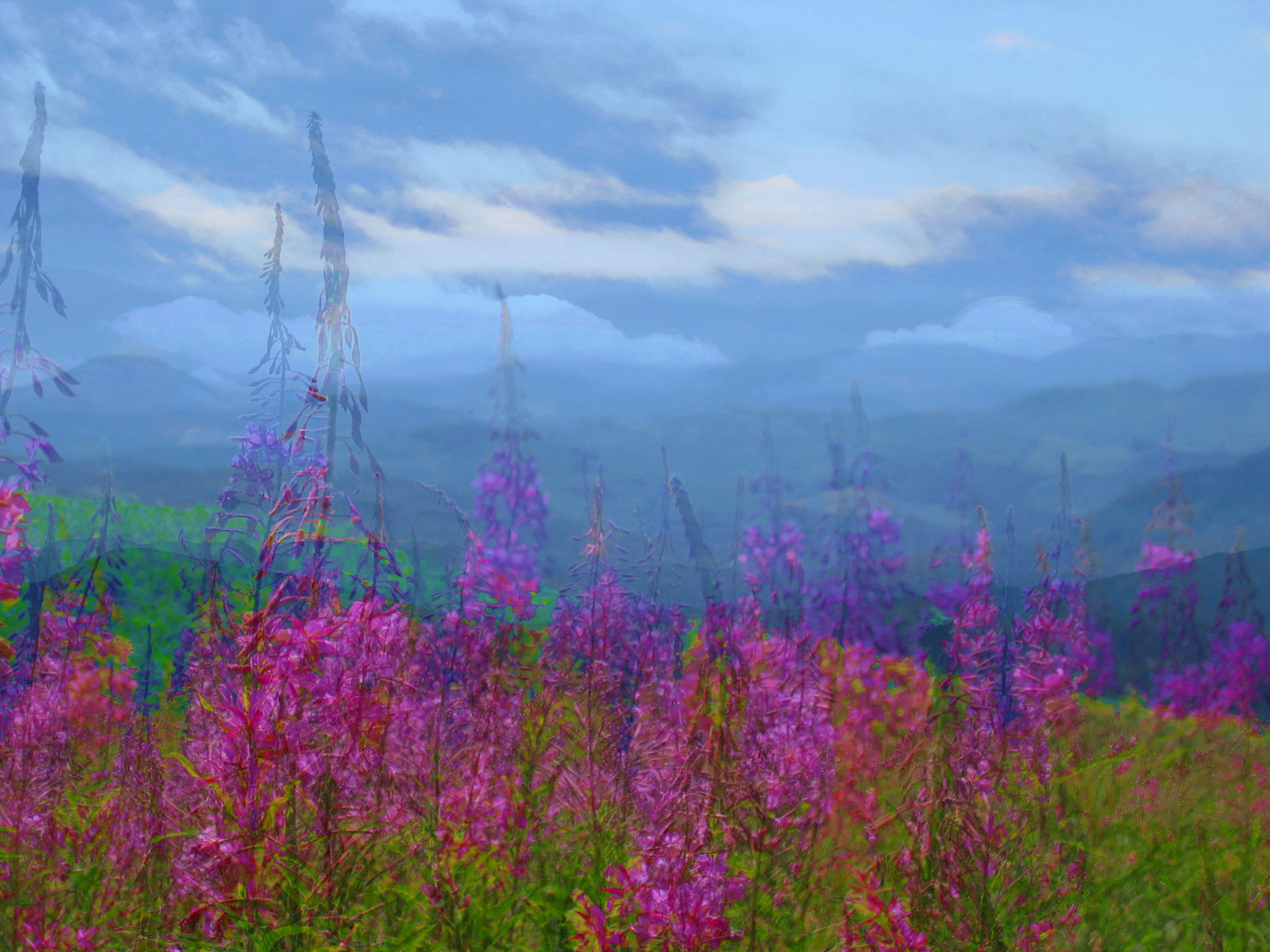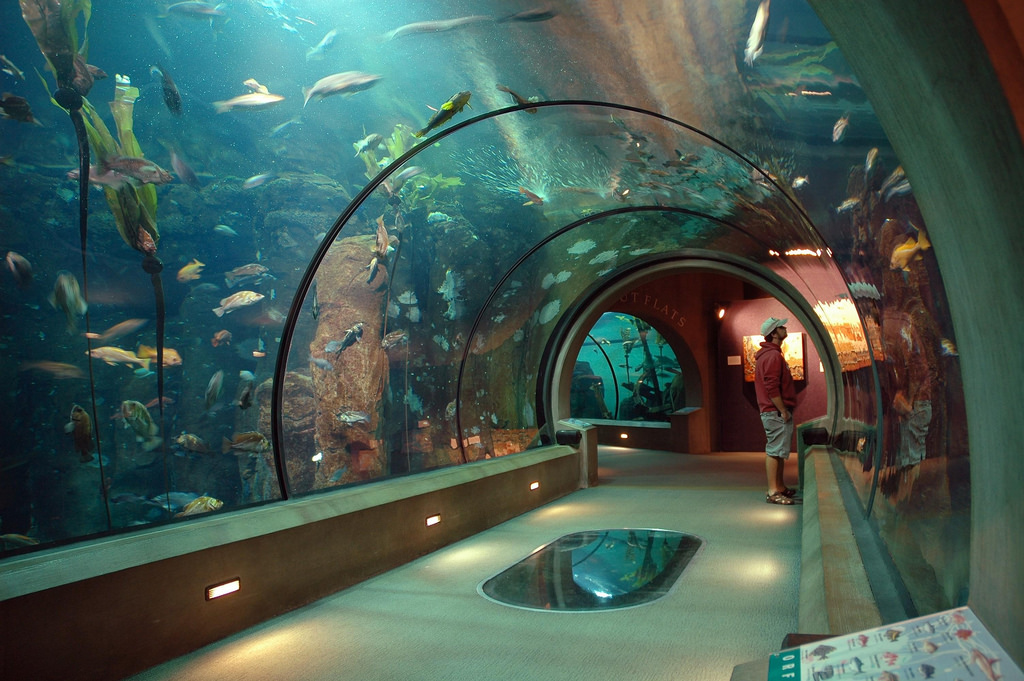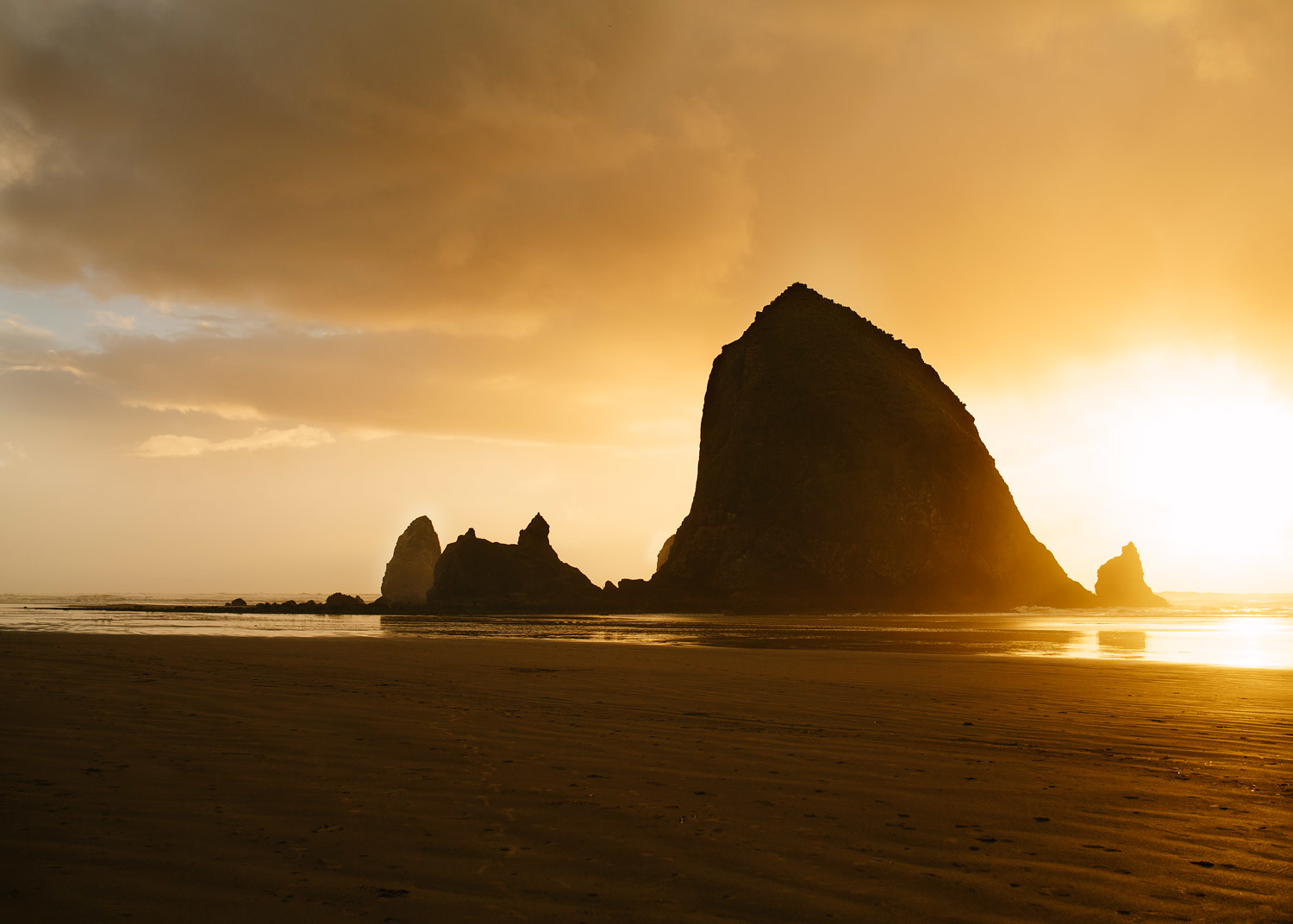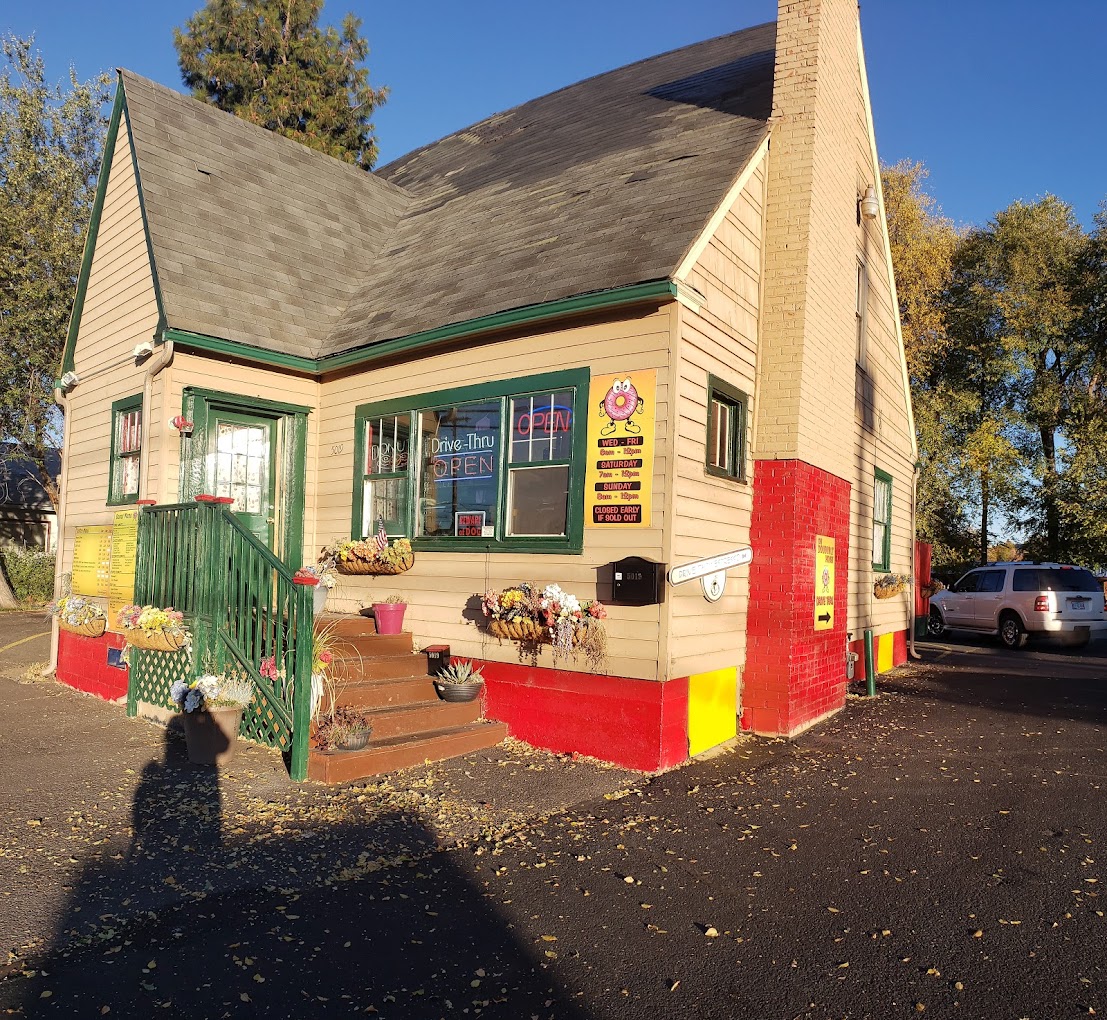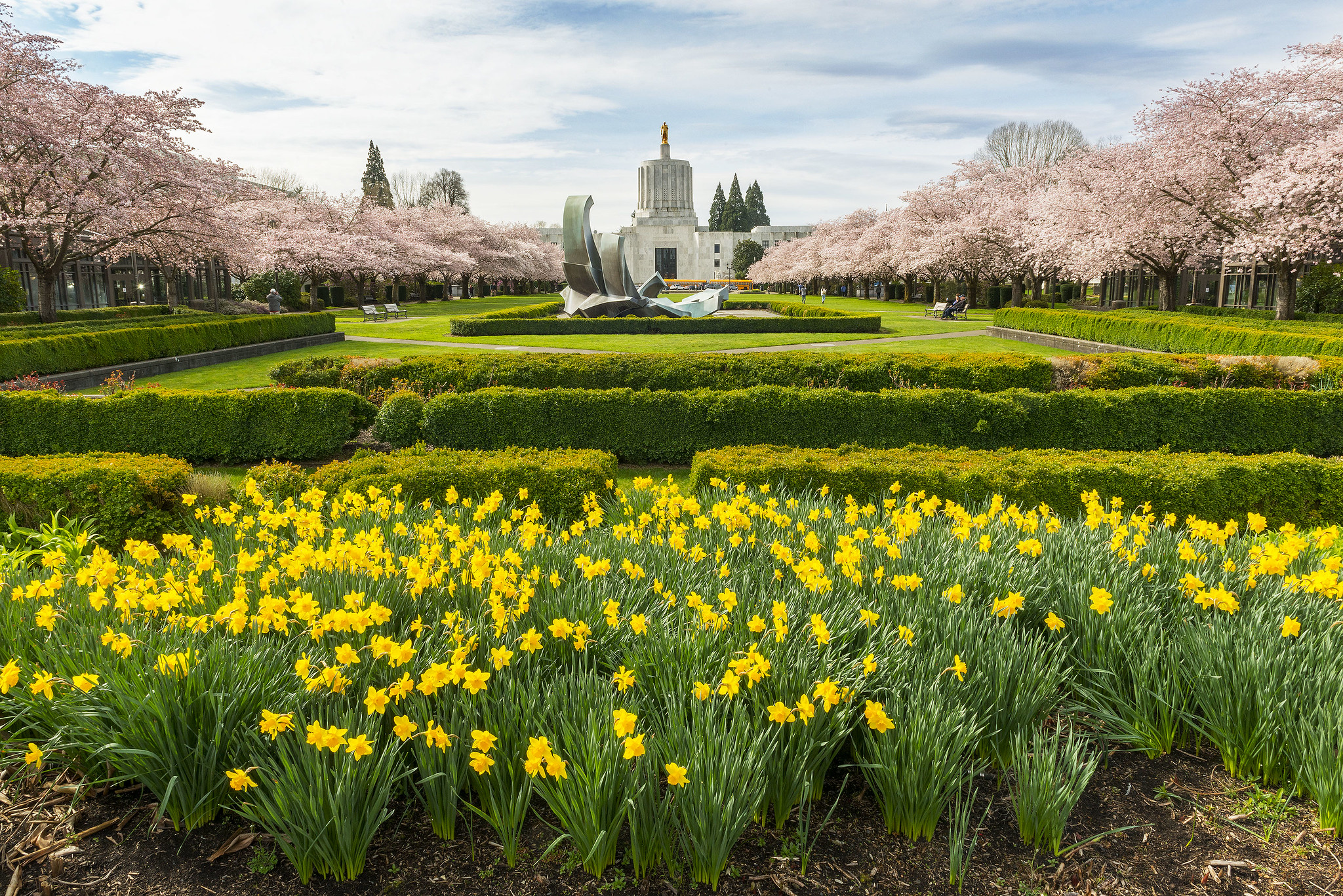Each summer, sky gazers from around the globe eagerly anticipate the awe-inspiring spectacle known as the Perseid Meteor Shower. This mesmerizing cosmic event has entranced spectators for centuries, tracing its roots back to the time of ancient civilizations. This year, Oregon and the broader Pacific Northwest will be treated to an exceptional view of this natural spectacle. Here's all you need to know about this breathtaking celestial event.

The Perseid Meteor Shower derives its name from the constellation Perseus, as the meteors seem to originate from this area of the night sky. Perseus, a hero from Greek mythology who famously slew the gorgon Medusa, gives the shower a touch of historical and cultural mystique.

Dating back to 36 AD, Chinese astronomers first documented the Perseids, describing it as a "rain of stars." This shower is the result of the Earth moving through a cloud of debris left by the comet Swift-Tuttle, which has an enormous 133-year orbit around the Sun. As our planet intersects with this trail of comet fragments, these tiny particles—some as small as a grain of sand—burn up in our atmosphere, creating the brilliant streaks we see from the ground.
The Perseids are widely recognized for their impressive quantity, often producing 50-100 visible meteors per hour at peak activity. But beyond the numbers, these "shooting stars" are known for their brightness and speed. Traveling at 37 miles per second, the Perseids pack a punch that can result in bright, long-lasting trails, with some even exploding into fireballs—a truly awe-inspiring sight!

Now let's get to the juicy part: when and where can you watch this celestial show in Oregon?
This year, the Perseid meteor shower will peak between the evening of August 12th and the pre-dawn hours of August 13th, providing the best chance to witness this meteor shower in its full grandeur. Thankfully, Oregonians are blessed with vast expanses of open sky and low light pollution, especially in rural areas and state parks, offering an idyllic setting for stargazing.
If you live in bustling cities like Portland or Eugene, make a night-time adventure out of it! Take a short drive to places like the Mount Hood National Forest, the high desert around Bend, or the coastal shores near Newport. These locales offer darker skies, and therefore, a better chance of seeing more meteors.

For the best viewing experience, find a location away from city lights, let your eyes adjust to the darkness for about 20-30 minutes, and then simply look up. No special equipment is needed; the show is fully visible to the naked eye.
This summer, immerse yourself in an experience that has fascinated humanity for over two millennia. As you lay beneath the vast, open Oregon skies, watching the Perseids streak and explode across the inky canvas of the cosmos, you'll feel a connection to both the universe and the generations of stargazers who have come before you. The Perseid meteor shower is not just an event—it's a celebration of our place in the cosmos. Mark your calendar, pack a blanket, and get ready for the cosmic light show of the summer!



